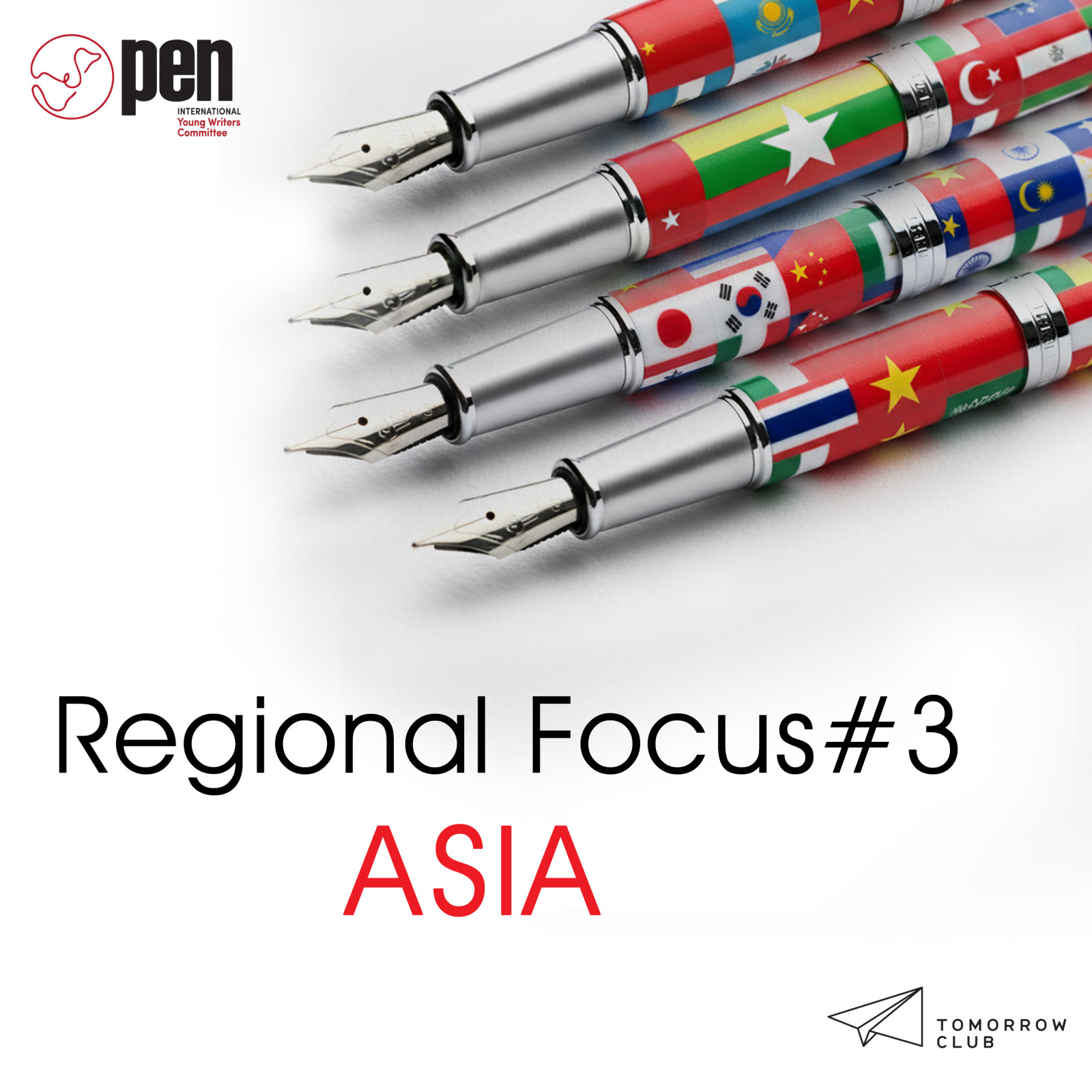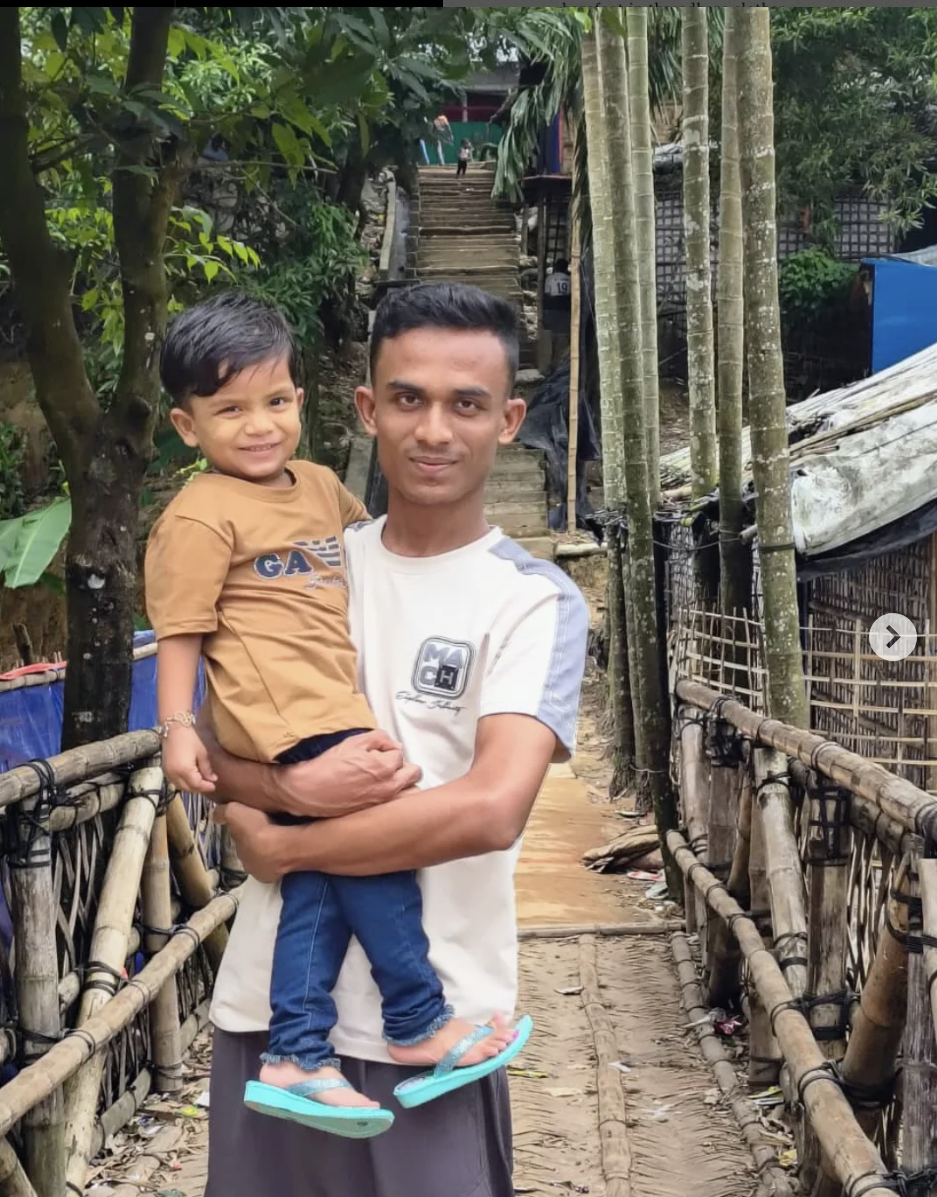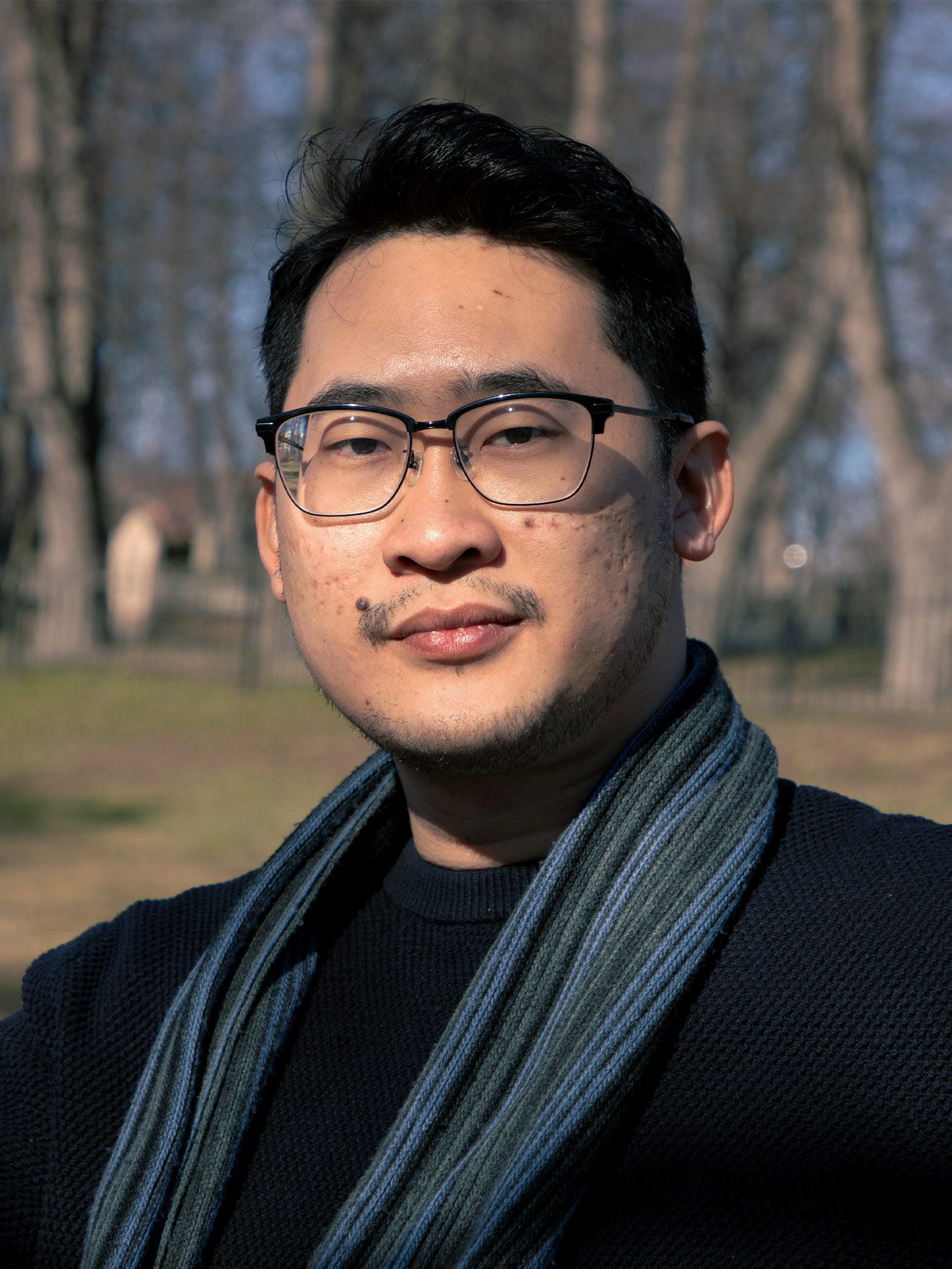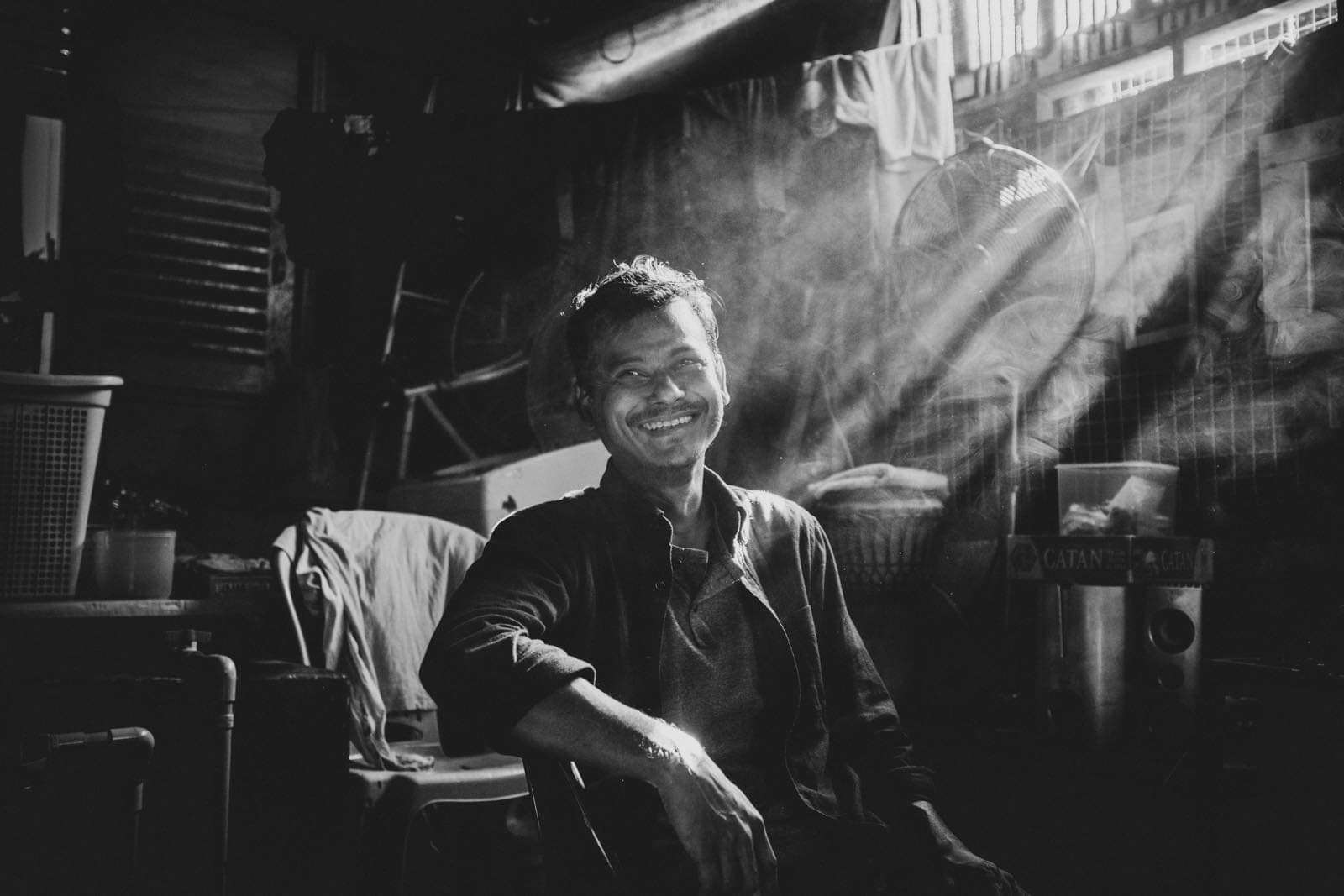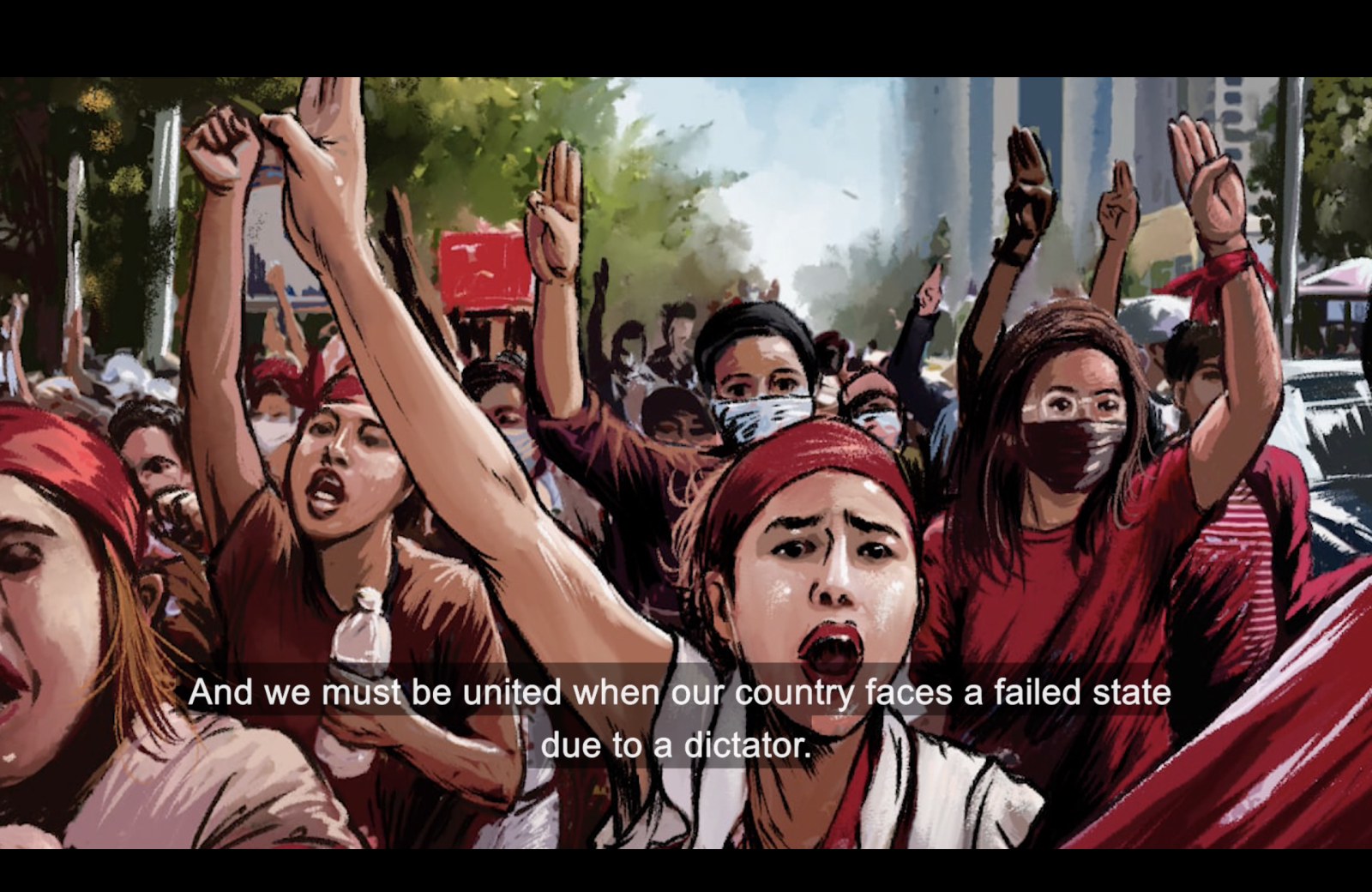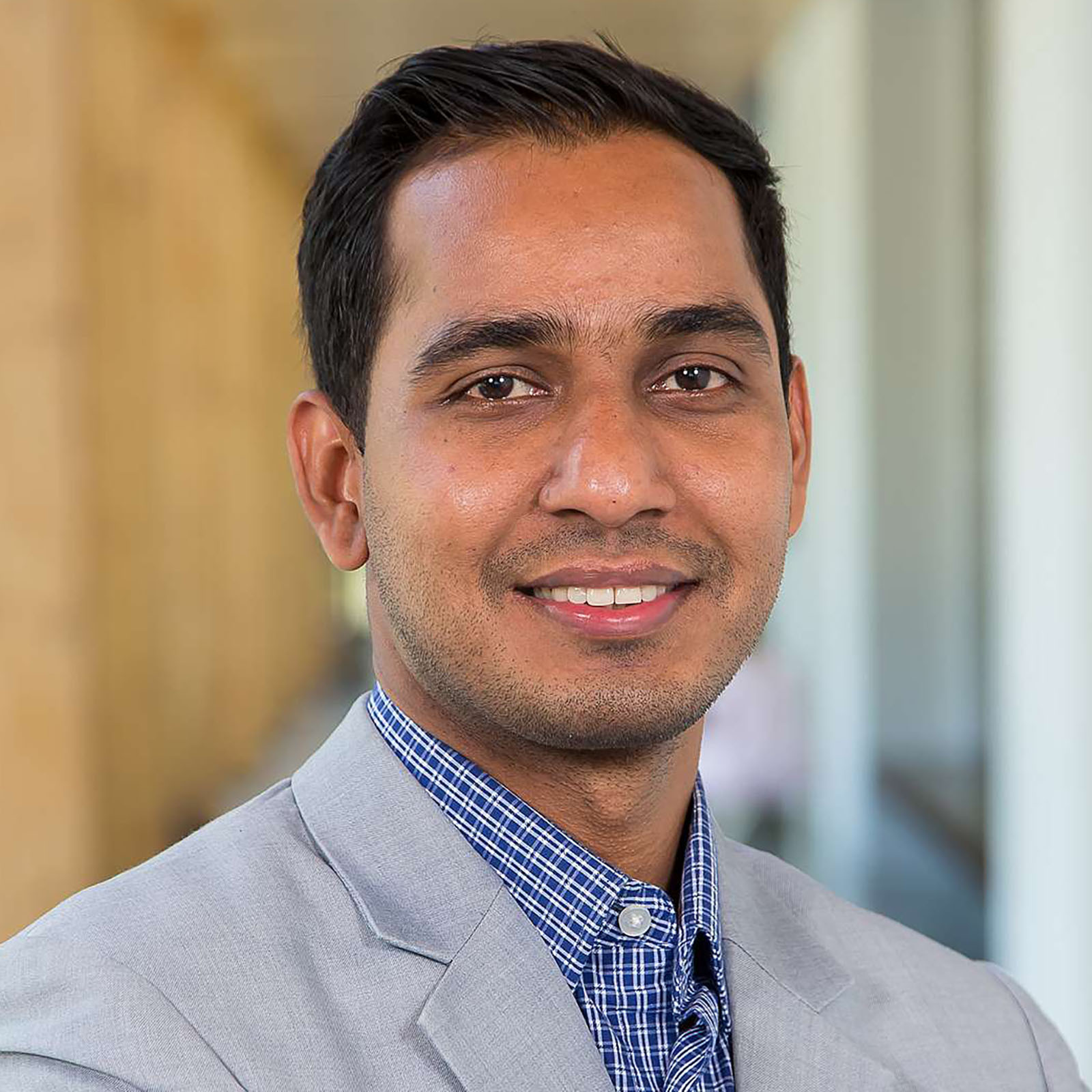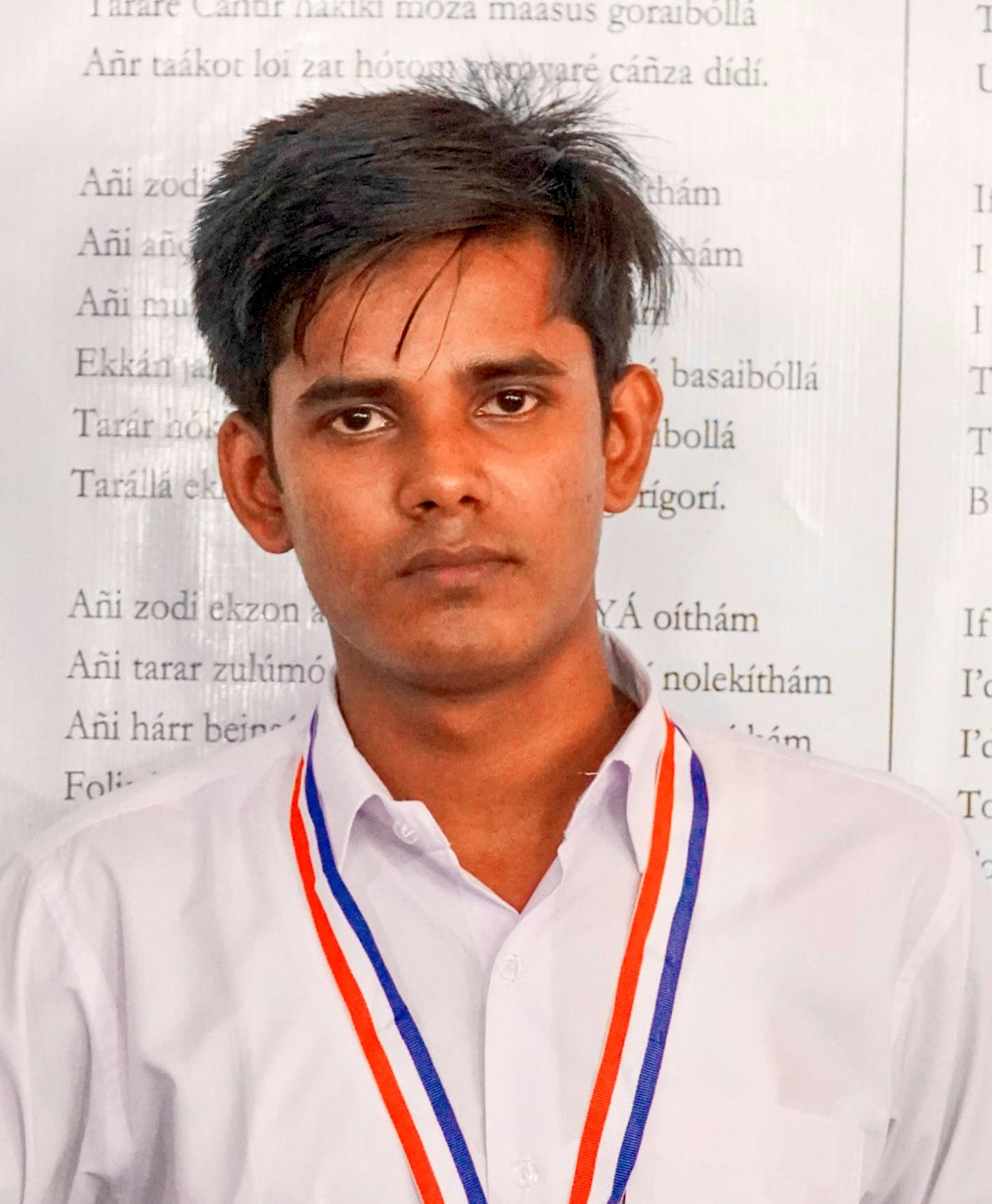Listen To the Podcast
with Sirajul Islam and Ro Hefzu on our series Brave Young Voices on Spotify.
Whereas the Rohingya crisis is mostly required to be addressed with a political approach, the world has been swamped with marginal humanitarian responses. The world's focus has just been fixed on Cox's Bazar while the solution lies inside Myanmar where the problem is rooted. In this way, the crisis has been muddled and commercialised with the very system of humanitarianism. The Rohingya refugees struggle with humanitarian victimisation ensnarled in limbo in exile.
The Rohingya are the most persecuted minority in the world. They are regarded as stateless in their own country and treated as illegal immigrants by their state government. In tandem, they have undergone decades long persecution discrimination since the 1960s. Since 1978, they have been subjected to recurrent episodes of forced migration.
In August 2017, the Rohingya were subjugated into an apocalyptic campaign, so-called “clearance operation” comprising extrajudicial killing, demolition of villages and properties and sexual assault against women and girls by the Myanmar military and other security forces. This was the most vicious ever state-sponsored onslaught against the Rohingya population. It was described as “a textbook example of ethnic cleansing” by the United Nations and many experts.
Over 700,000 Rohingya were compelled to flee to and seek shelter in neighbouring Bangladesh following the barbaric crackdown. They have merged as a huge addition to those who fled in the previous influxes since 1978. Another addition of over 150,000 Rohingya have coalesced since late 2023 as they fled the escalating violence executed by the Arakan Army (AA).
AA is an ethnic armed organisation that claims to be fighting for a federal state. However, it is flabbergasting to learn that they are a substitute for the military when it comes to the Rohingya. By violating heinous crimes against humanity, they have proved it to be as oppressive against the Rohingya as the junta.
With all the aforementioned exoduses, Cox's Bazar is now home to an estimated sum of 1.2 million Rohingya refugees who survive in congested makeshift camps confined by barbed-wire fences. They have been sheltered with a provisional humanitarian ground by Bangladesh and their ultimate goal is a voluntary and dignified repatriation to their homeland. They have, as always, been louder enough in reiterating their long to return to their homeland.
Efforts towards a sustainable solution for Rohingya without Rohingya
The Rohingya crisis requires political actions because it is political and it is insurmountable to resolve at the cost of the inclusion of the Rohingya in any efforts towards sorting out a sustainable resolution.
Anything about the Rohingya without the Rohingya nothing about the Rohingya. The world must, in essence, appreciate that a durable solution to the Rohingya crisis is unviable unless it is led by the Rohingya for the Rohingya with steadfast international solidarity. The Rohingya should politically and diplomatically play the most vital role in materializing a robust solution to their crisis. They must have their space in any political discourse about them and be at the forefront to lead any changes.
On 30 September 2025, a high-level conference on the Rohingya crisis was held in the UN headquarters in New York. It is worth disappointing that no one from the camp was able to participate in it while some diasporae could participate.
Political inclusion is never a privilege but a right. Efforts towards the solution should be survivor-centered and survivor-led to make sure the most suitable procedures are applied and the surmountable solution is pursued.
While undergoing the aftermath of genocide, the Rohingya demonstrate invincible resilience and hope for the emergence of a brighter dawn. However, it is disheartening to note that there has not been any fruition of their resilience and hope to date. While they are given hope for a brighter future, it is essential that hope is reasonable for them. The international community should be obligated to any kind of hope they give to the Rohingya.
Dr Muhammad Yunus, Chief Advisor of the Interim Government of the Government of Bangladesh, is working in actively coordinated diplomacy with the international stakeholders to find a solution to the crisis. It is a turning point after an overdue failure to address it. From the Stakeholders’ Dialogue in Cox's Bazar to the UN High-level Conference in New York, he has shed the shiniest ever spotlight on the Rohingya crisis. The amount of effort he has made so far is far more than that of then Prime Minister Sheikh Hasina.
However, thus far, there has not been any tangible outcomes towards a lasting resolution and the world yet, as always, grapples with the consistent failure. The circumstance now speaks outright of the needs of the Rohingya participation as political actors and as well informed and responsible survivors.
Victimisation in the very name of humanitarianism
The Rohingya refugees in Cox's Bazar are dependent on humanitarian aid. They are provided with $12 of food individually per month and this fluctuates with a sporadic circuit but never beats 12.50$. In exchange of this very pittance, they are strategically and indirectly encouraged to compromise their freedom of expression, their future and the life they have the right to live.
The Rohingya refugees are merely regarded and treated as humanitarian recipients. They have been stranded in a geopolitical limbo, and trapped in a political dilemma. They are fed up with the aftermath of genocide and their lives perpetuate on a knife edge. However, they grip a vague hope whilst the perpetrators enjoy full impunity with zero accountability.
If the world is indeed inclined to pursue a viable solution for the Rohingya, ensuring their political inclusion is the most proactive means to address the crisis. In doing so, the world can impeccably fulfill their moral obligation and earn the credits they aspire or deserve to merit for solving the crisis.
The world has again failed to prevent another genocide against the Rohingya by the AA. It is obvious to the world that the crimes committed by the AA are redundant to be a genocide. But sadly, it is staggering that the world is ashamed of recognising this new genocide because it has done nothing to hold the previous perpetrators to account.
As long as the Rohingya crisis is responded only as a humanitarian crisis, it is futile to prognosticate a sustainable solution to the crisis. It is worth clumsy to note that while the world couldn't even stop the oppression against the Rohingya. It babbles to find a solution to the crisis but without a clear roadmap and timeline.
Most heartrending is that the Rohingya children growing in the camp are stripped of their right to education. UN agencies and nonprofits operating in the camp run some educational initiatives that provide them with some basic and limited knowledge. It is heartbreaking that they claim to help refugees to realize their potential through such initiatives. But are they really realizing their potential? Or is it a clever way to exploit their potential?
A sustainable solution to the Rohingya crisis lies on how actively the Rohingya can participate in decision making processes whether by means of politics or diplomacy. To be able to meaningfully participate in decision making processes, they must be well-equipped with politics and diplomacy so that they can be decisive and cautious while making a decision.
But how can they be decisive since the forte required to be politically and diplomatically stable is not phenomenal and god gifted. Only having some visionary figures amongst a community doesn't even likely substantiate the possibility of changes to a community. The majority of the community needs to be decisive and wise to widely engage in stakeholders dialogue and speak of their pressing concerns.
The growing generation in the camp are described as a lost generation. They go to informal learning centers which focus on quantity rather than quality to secure fundings. Agencies prepare solid reports to whitewash the funders of their flaws in delivering quality education.
There are some community-based schools where students can complete their secondary education. These schools deliver some quality education but leave the students without valid certification. After finishing secondary education, students become hopeless. They feel helpless and useless. Some choose to settle in South Asian countries by the deadliest voyage by boat prone to sink in search of a better life.
The international community keeps supporting the one million-plus Rohingya refugees with humanitarian aid and is barely concerned about the Rohingya future. Bangladesh national policy doesn't allow the Rohingya to pursue higher education in national universities nor let them go abroad to study at international universities for lacking legal documents or simply because of who they are.
Voices for resilience, resistance and existence
If and when you call a community voiceless and vulnerable, it doesn't usually mean they are actually voiceless and vulnerable. It is most likely that you deliberately ignore their voices. We, the Rohingya are called voiceless. But are we really voiceless? No, we are called voiceless and our voices are ignored. We are called vulnerable. But are we really vulnerable? No, we are made vulnerable.
To write is to resist and to resist is to exist. I write to speak to who I am because I want to be my truest self and I don't want someone else to tell my story or lose myself in others' opinions. I shall never bow my pen as long as I exist because I only exist as long as I don't bow my pen.
The genocide against the Rohingya is a déjà vu for everyone everywhere in the world. But why are we yet stripped of our rightful justice? It's because the world willfully chooses to remain silent and forsakes us burning alive.
The failure of justice for the Rohingya is not the failure of justice, but a deliberate, informed and prepared denial of justice. Nowadays, the term — Rohingya serves as one of the most common trends on media headlines globally whilst there has not been any tangible efforts taken to secure justice for the Rohingya.
Diplomats and experts oftentimes pronounce the Rohingya crisis as too convoluted to understand. It is as it should be. It must be complicated as they are trying to understand the Rohingya crisis without learning from the Rohingya.
It sounds great that many international news outlets and literary presses proclaim that they work to amplify the voices of the marginalised. But it must be important to analyse how much truth does such claims hold in practicality?
We usually appear on the news when we die but not when we struggle to survive. They centralise their convenience in everything they do and decentralise what truly matters for us. Professionals should be mindful of labelling my community voiceless. By deliberately ignoring our voices, they professionally make excuses by calling us voiceless.
We are always under surveillance and we barely have space to share our stories. They already plan what they will tell and they highlight what is fit for their feeds. They don't necessarily write about what matters to us but to them. They write what they think is right in their opinions and this way we lose our stories and risk the erasure of our history and even existence. They paraphrase our story and they paralyze our story.
The work of the Rohingya poets and writers is a lifeline in the Rohingya’s struggles for human rights and freedom as we write what truly matters. We bear a shared responsibility to shed a global spotlight on our crisis and we want it to make sure that the world cannot go with “we don't know about the Rohingya plight”. But we have nothing in our hands as long as we are largely neglected.
The world needs to read the writers, poets and journalists among the Rohingya community because we write what cannot be browsed on Google and what is ignored by international mainstream media. Every writer, poet and journalist, whether veteran or amateur, deserves spaces to feature their work, the right to freedom of expression and to platform their voices without the fear of censorship and being despondent of otherization.
